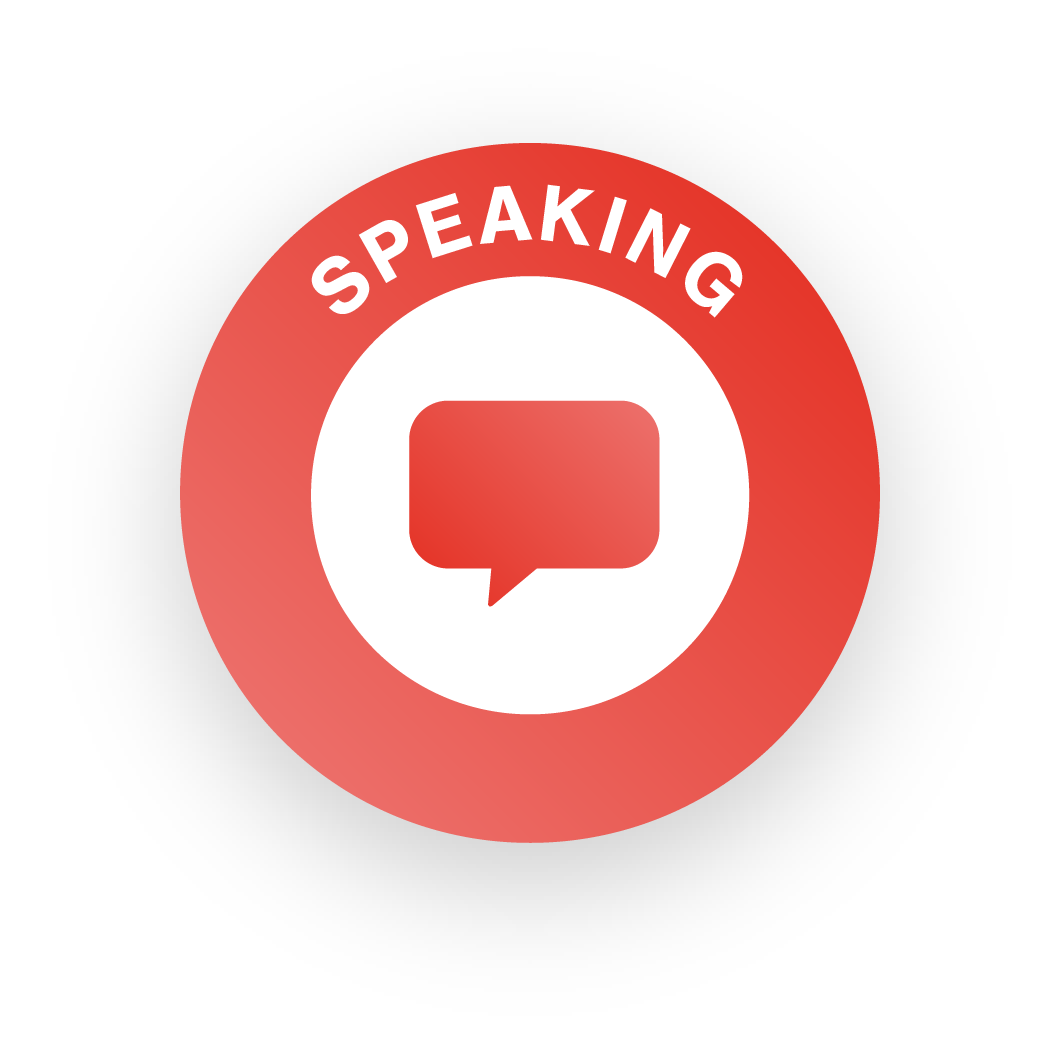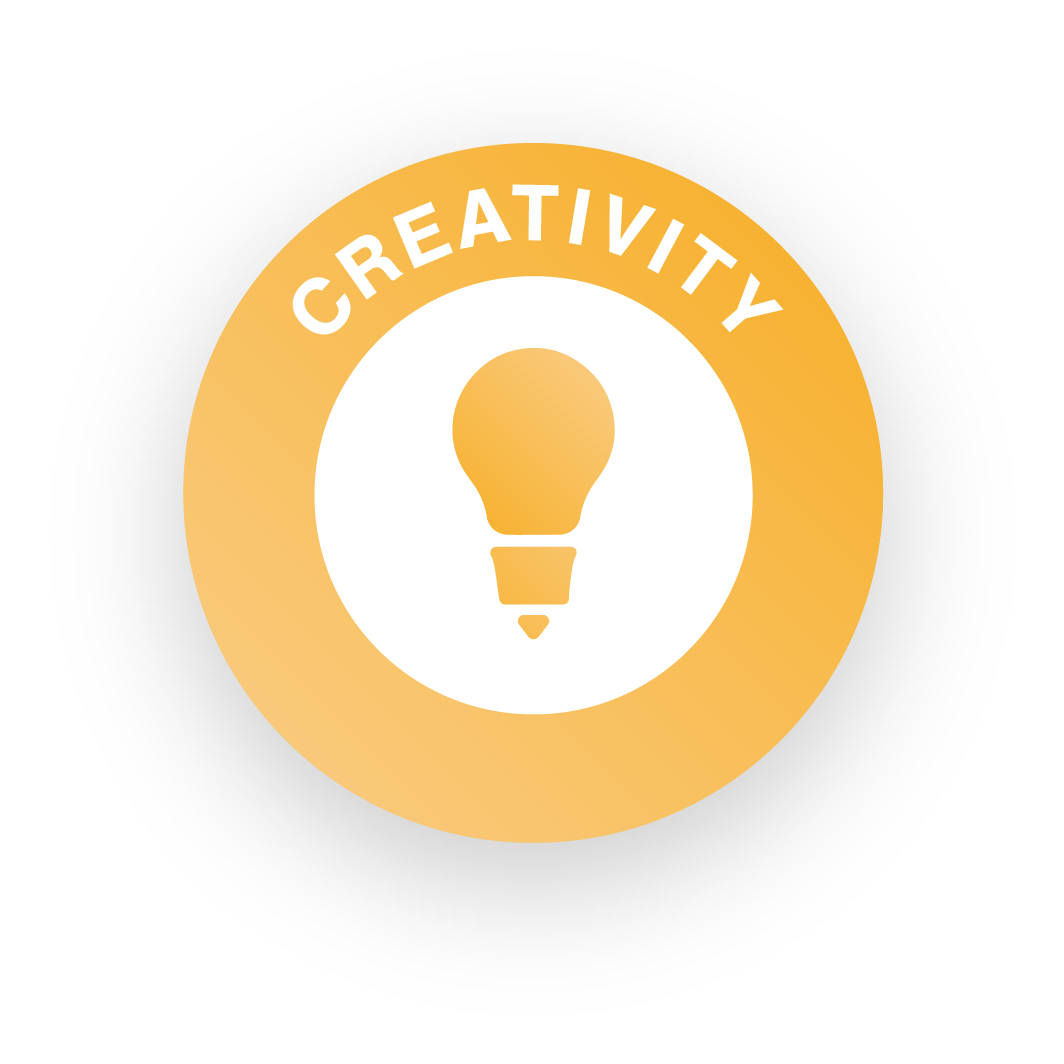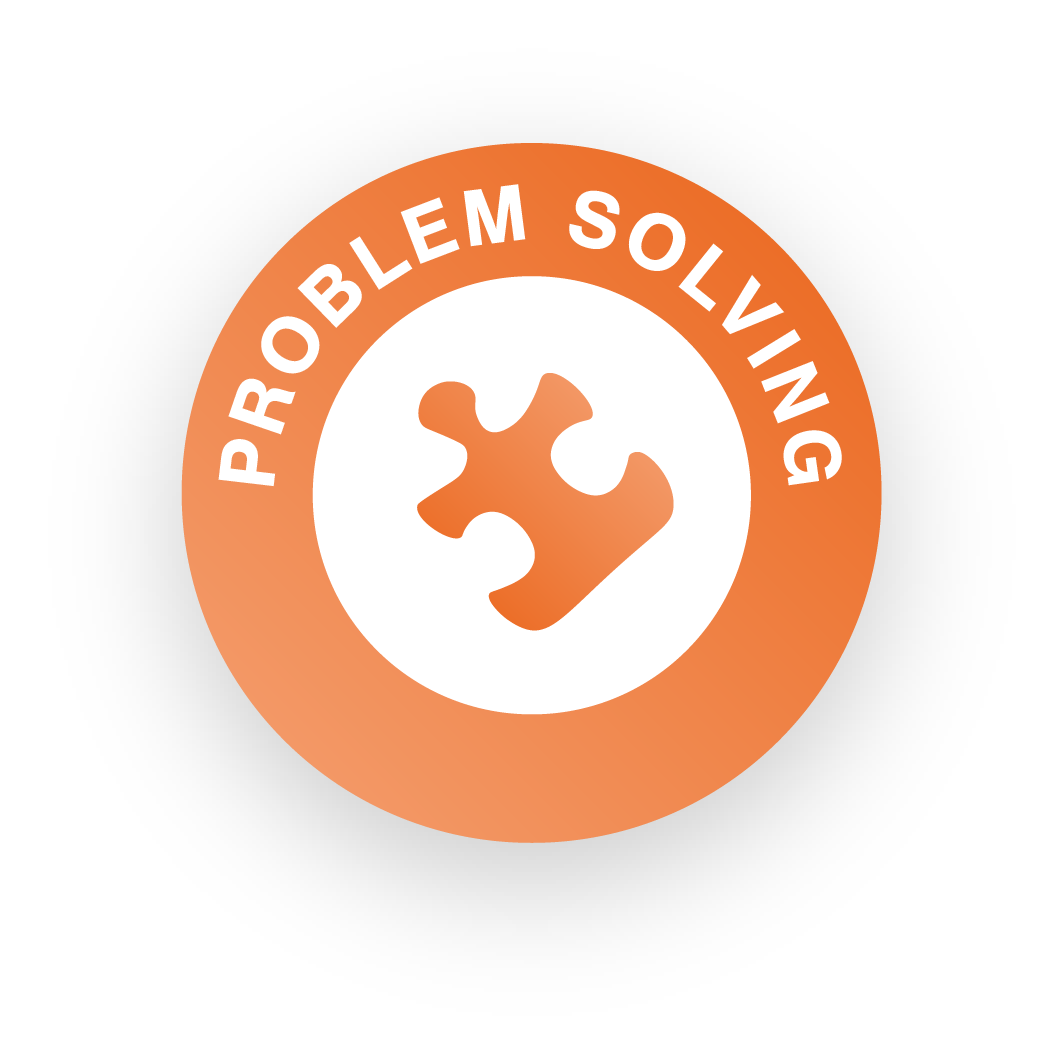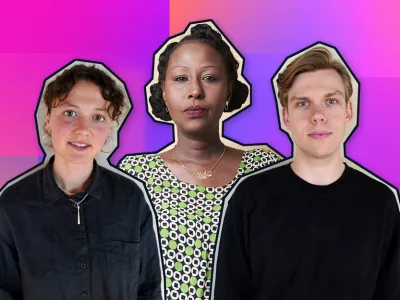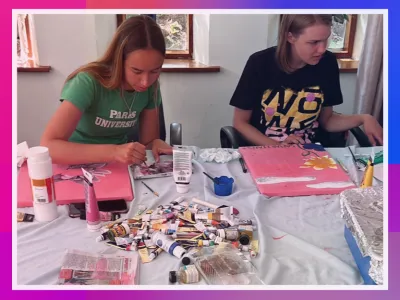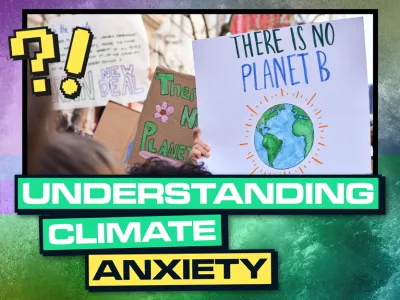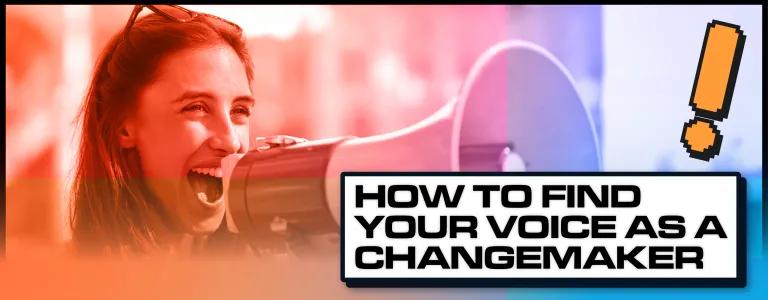
How To Find Your Voice As A Changemaker
By Natalia (she/her) who likes dogs and Mamma Mia, will laugh at anything even a little bit funny, and has an unsubtle love for Disney films.
Our voice is an instrument of the human experience. It allows each one of us to communicate in unique ways and express who we are and what we think. It’s so important.
However, if I’m honest, I don’t really notice my voice and how important it is — until I suddenly go totally hoarse with a cold and then I’m begging for it back. And it’s not just sore throats and colds that restrict our voice.
There’s also an inability of other people to listen to us, and even a belief that we can’t be heard. In other words, we can lose our voice both physically and societally — young people more than most.
I think we sometimes hold back on speaking out on important issues because we feel we won’t be able to shout loud enough. The world is a noisy place. There are eight billion people out there trying to get themselves heard, and gazillions of campaigns all marching at the same time.
Truthfully, it’s easy to feel that our voice won’t be heard in all the noise so there’s not much point in trying — we might as well stay quiet. Because of our age, we often believe that our voices aren’t as important. Or that they don’t carry enough power or weight, or that we just aren’t worth listening to. This narrative is so not true, and we need to change it! Young people are powerful, resilient, empathetic, connected changemakers, and we too deserve a voice.

So where to start?
Firstly, and most importantly I think, it’s not always about shouting the loudest.
Young people absolutely have a voice in this world — and a hugely influential one at that: one that can make waves, build things up, and rebuild structures that desperately need changing. We just need to find the right outlet.
Twice the number of 18-year-olds in the UK have an Instagram account than are registered to vote. This was me up until a few months ago. I was complaining to one of my friends about the problem of feeling voiceless as a young person in society when she stopped me mid-sentence and asked, “But, are you registered to vote?”.
The question stopped me in my tracks because I wasn’t registered and, honestly, I didn’t have a burning desire to be.
I think the reason I hadn’t added myself to the electoral roll was down to a complex mixture of logistics. There wasn’t an election coming up, I wasn’t eighteen yet so I wouldn’t be able to vote anyway, and it just wasn’t something that had been on my radar — in other words, I forgot. Add to that a touch of apathy…what’s the point of voting if I was just one voice in millions?
Surely my point of view wasn’t going to change anything if sixty million other people were voting!. But this is exactly the point. Our voice absolutely can make a difference. Just one person’s vote can change the whole result and so we need to give ourselves that chance.
If you’re 16 or over, I challenge you to head over to the government website and see if you are eligible to register to vote! It doesn’t take long at all, it’s just one form and you’re done, but it will allow you to really use your voice in a significant way to bring about change that you truly believe in.
Secondly, you don’t have to wait to be a changemaker.
Although you have to be 16 to register to vote, and 18 to vote in local and general elections, this doesn’t mean you can’t make a difference politically or societally if you’re younger. You could:
- Share social media posts on issues that are important to you, or that you feel deserve attention
- Report posts that you feel are negative or damaging
- Educate yourself on important and current issues
- Write an open letter
- Sign petitions through organisations such as Avaaz
- Attend or support a peaceful protest
- Contact your local MP about an issue affecting your local community
- Sit on school/college councils and leadership teams
- Join a local Youth Panel
- Ask your school to include specific topics in their assemblies or PSHE lessons that you or your peers want to see talked about more
- Talk to your friends about things you feel need changing in your school or college and what you could do about it
- Form groups/societies/lunch clubs with the support of your teachers
- Try your hand at public speaking or debating
- Do NCS!! Find out more about the huge number of social action experiences you can get involved in
This list certainly isn’t exhaustive, but it’s just a few ideas to help inspire a start.
You are absolutely a changemaker. Although it doesn’t always feel like it in this noisy world, you haven’t lost your voice (far from it!) — it just needs to be amplified.
Include this article in your Skills Builder Journal. It could help you develop...